Arts
Examining the role of The Arts as a catalyst for healing, transformation and action
Introduction
The practice of Art—in its infinite forms, functions and implications—is the most accessible and universal way of constructing meaning out of the world we inhabit.
Our Philosophy: The Arts are not just for experts. They are not solely for the enjoyment of the elite. They are not a superfluous extravagance. The Arts are for us all, expert and novice alike. They are not just an end in and of themselves, but a means. They shape, and are shaped by the world we inhabit.
Students in the Arts Scholars program gain a deeper understanding of the impact of art as a means to explore society and culture against the backdrop of our individual differences and shared experiences.
What you can expect: No matter your major, area of artistic interest, or skill level, as a member of our community, you will be challenged to strengthen your personal artistic skill set, experiment with new and different art forms, and gain a deeper understanding of the value of the arts in our personal and collective lives. We will investigate the power of the arts to:
- Communicate difficult concepts
- Advocate for social change
- Investigate the human experience
- Explore our own identities
- Develop our capacities as creative problem solvers and critical thinkers
- Reinforce, but also upend, existing systems of inequality and oppression
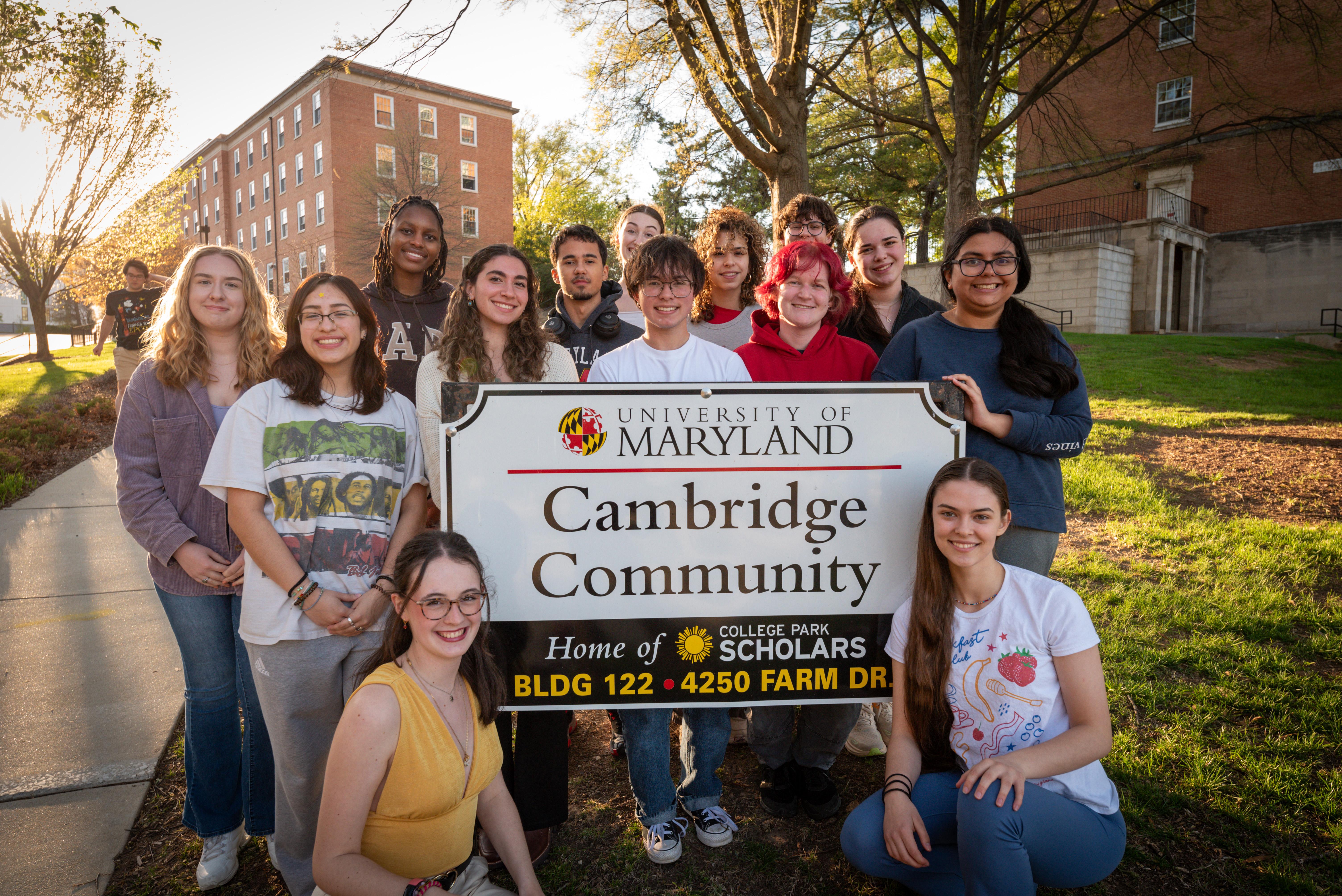
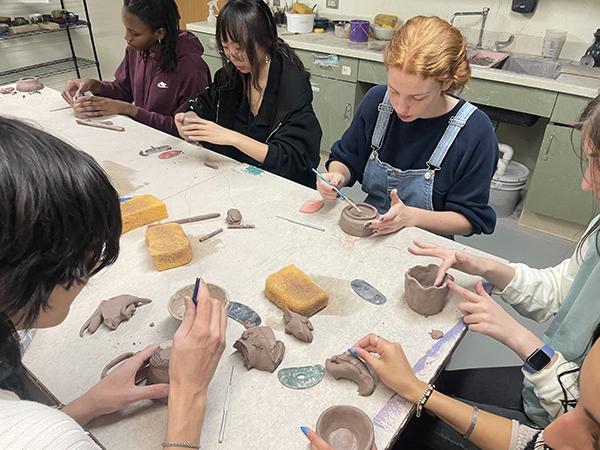
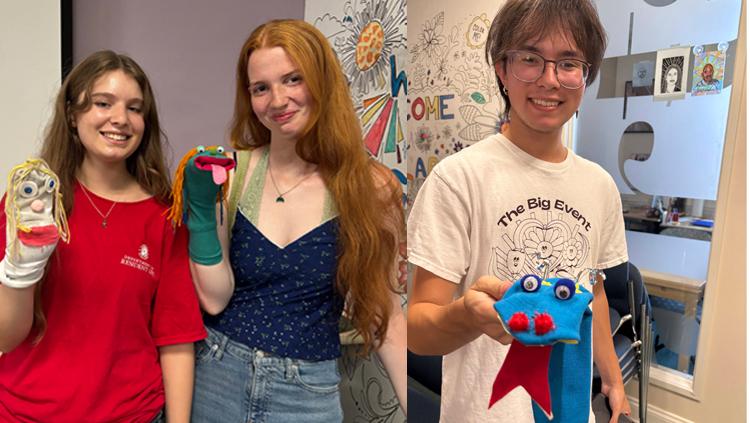
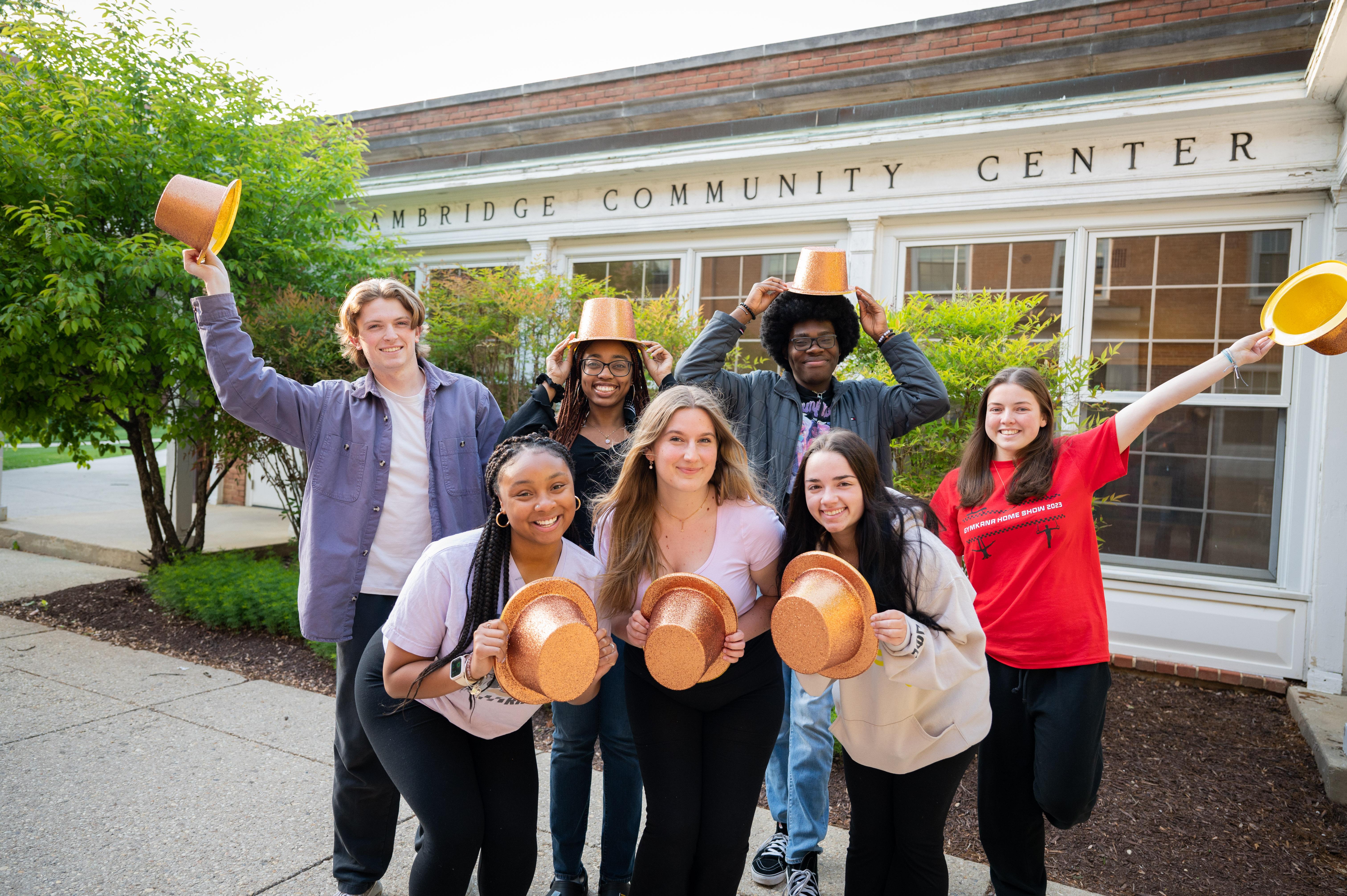
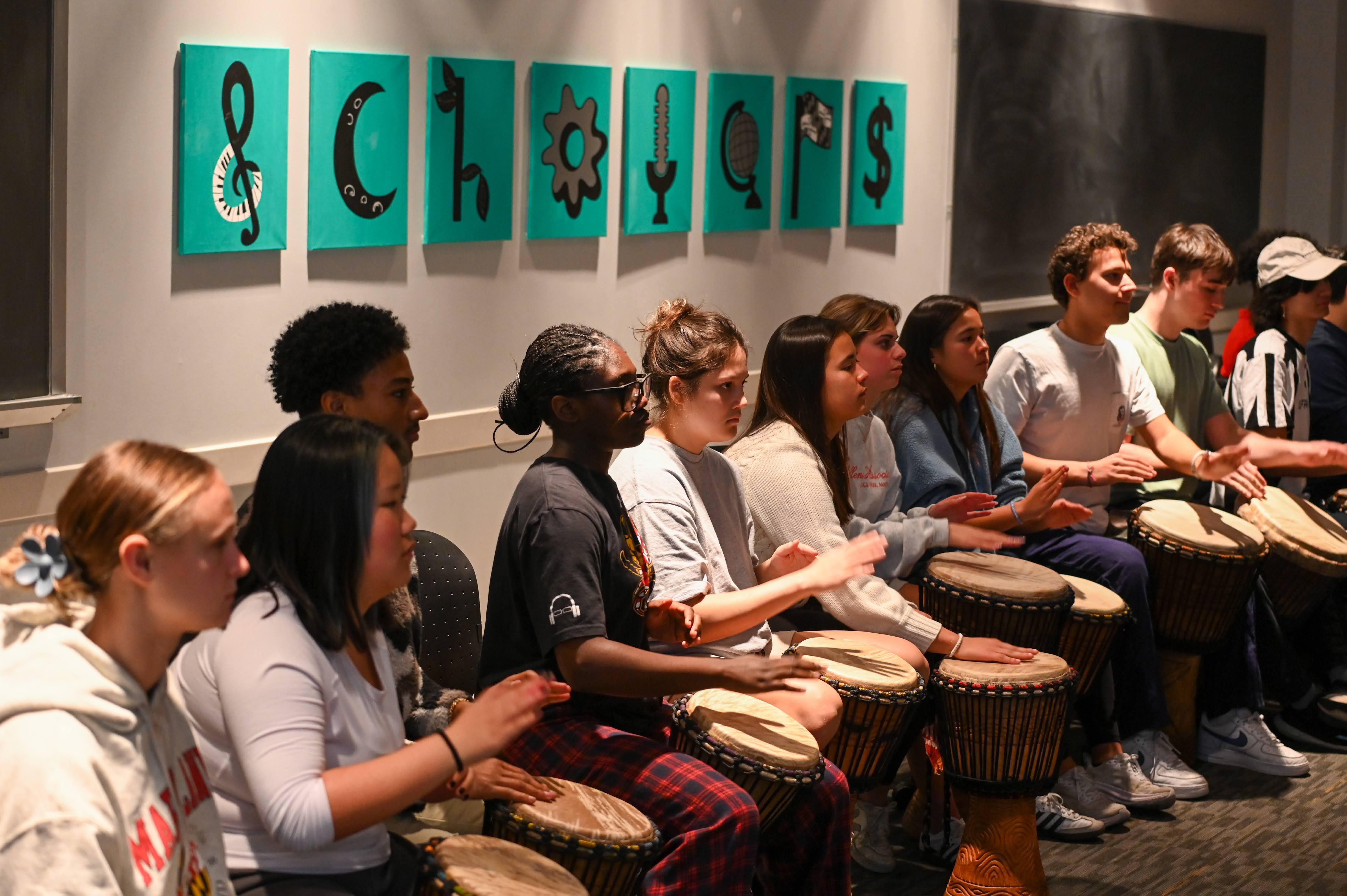
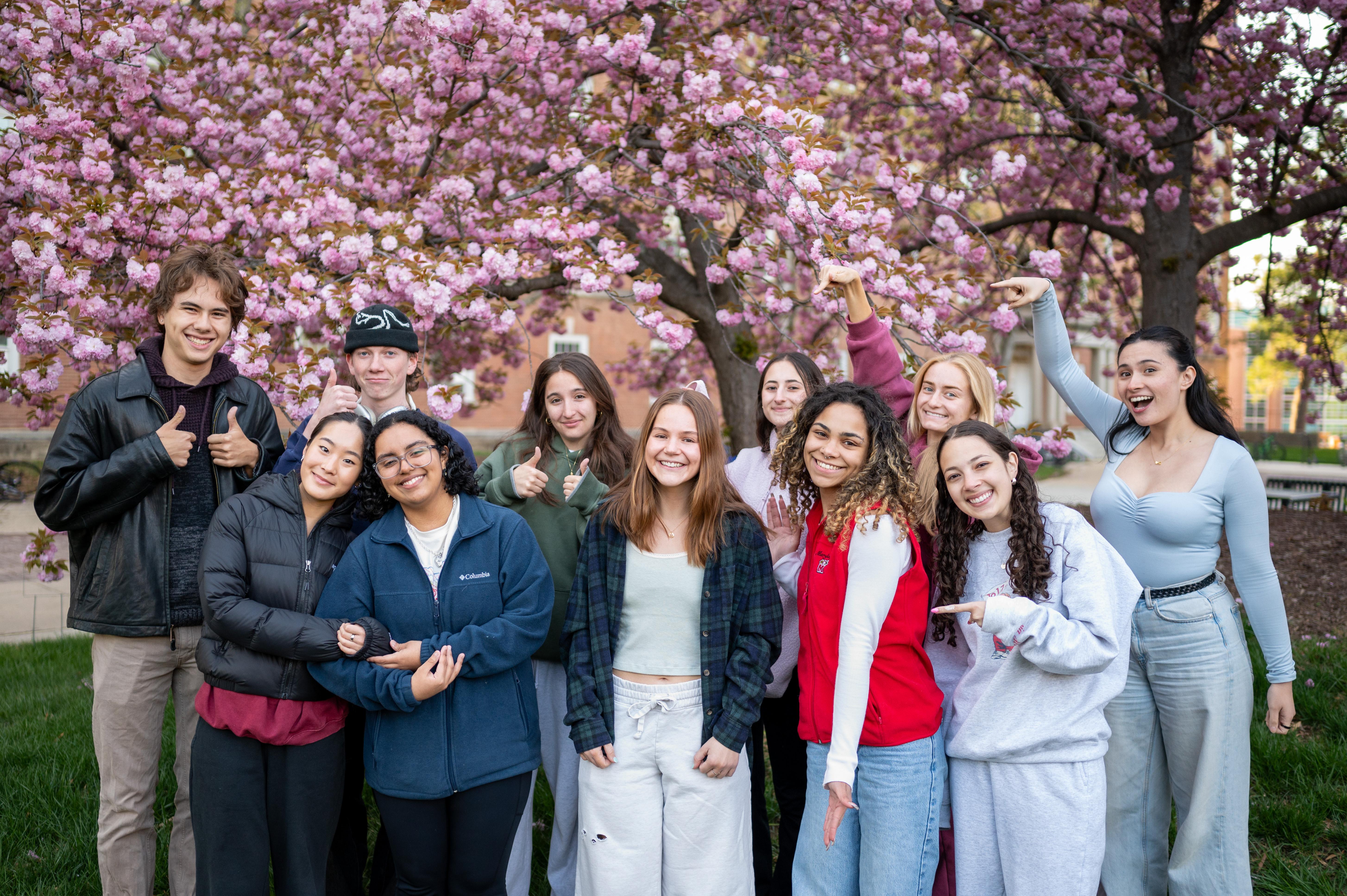
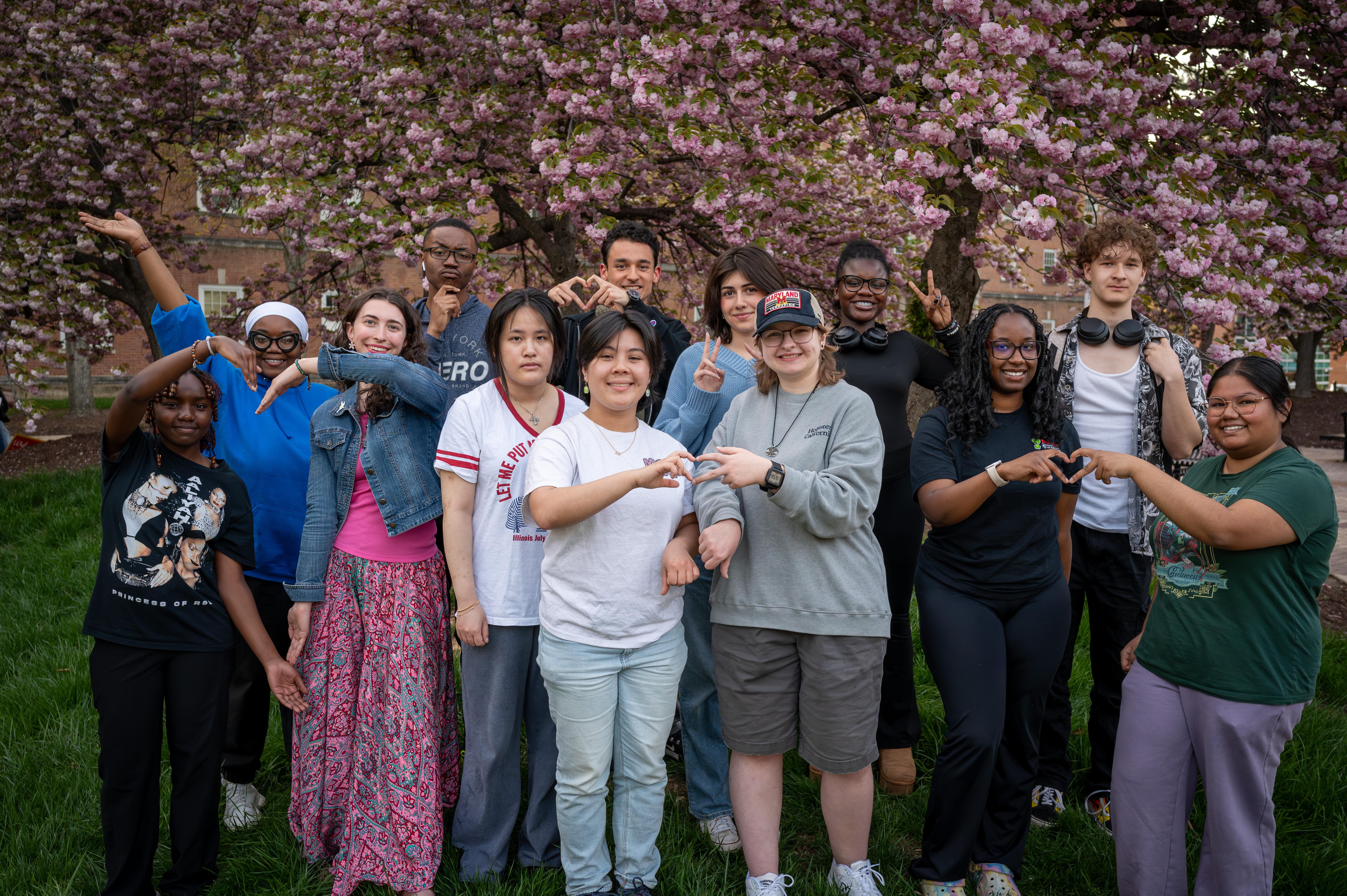
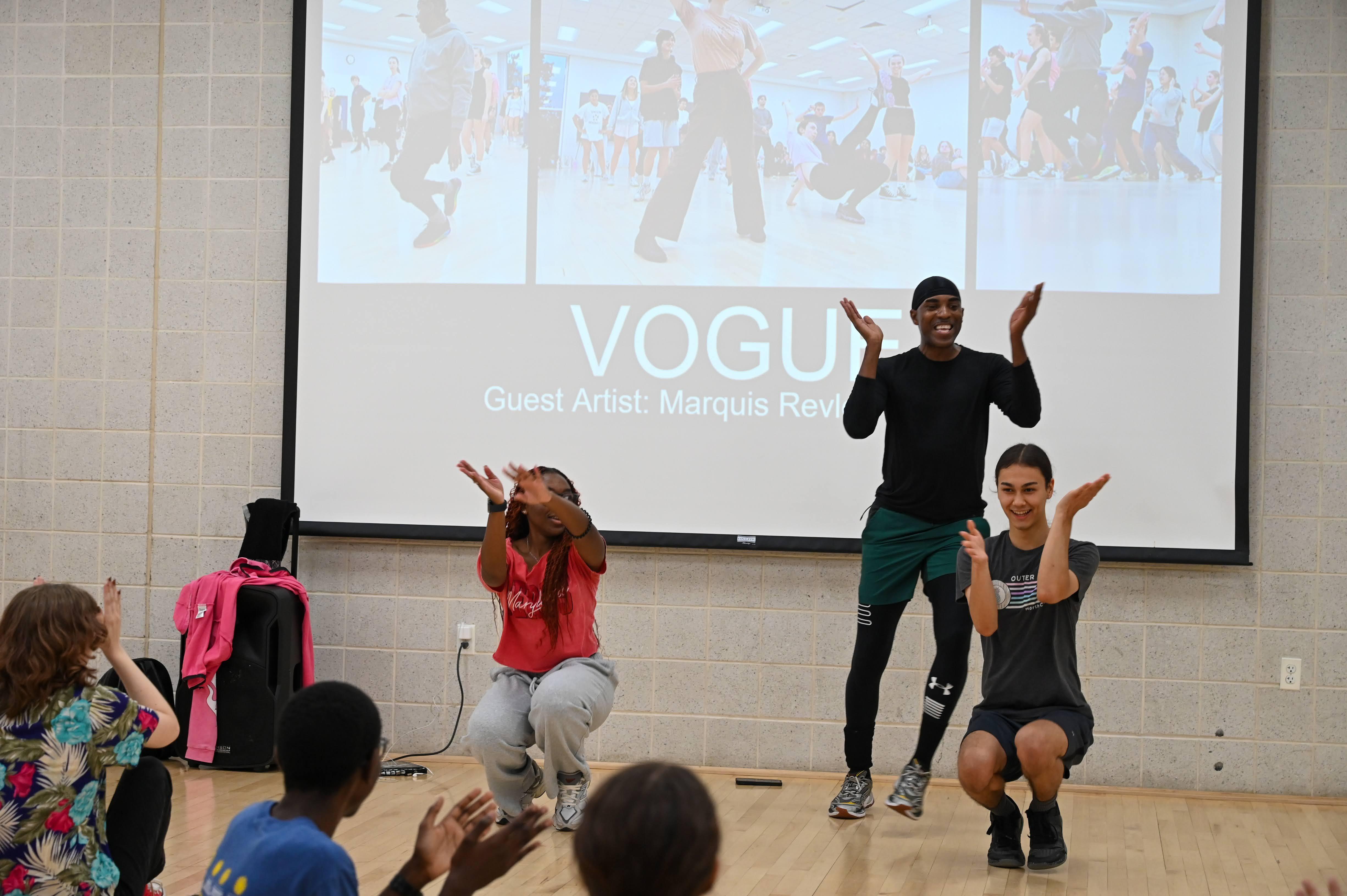
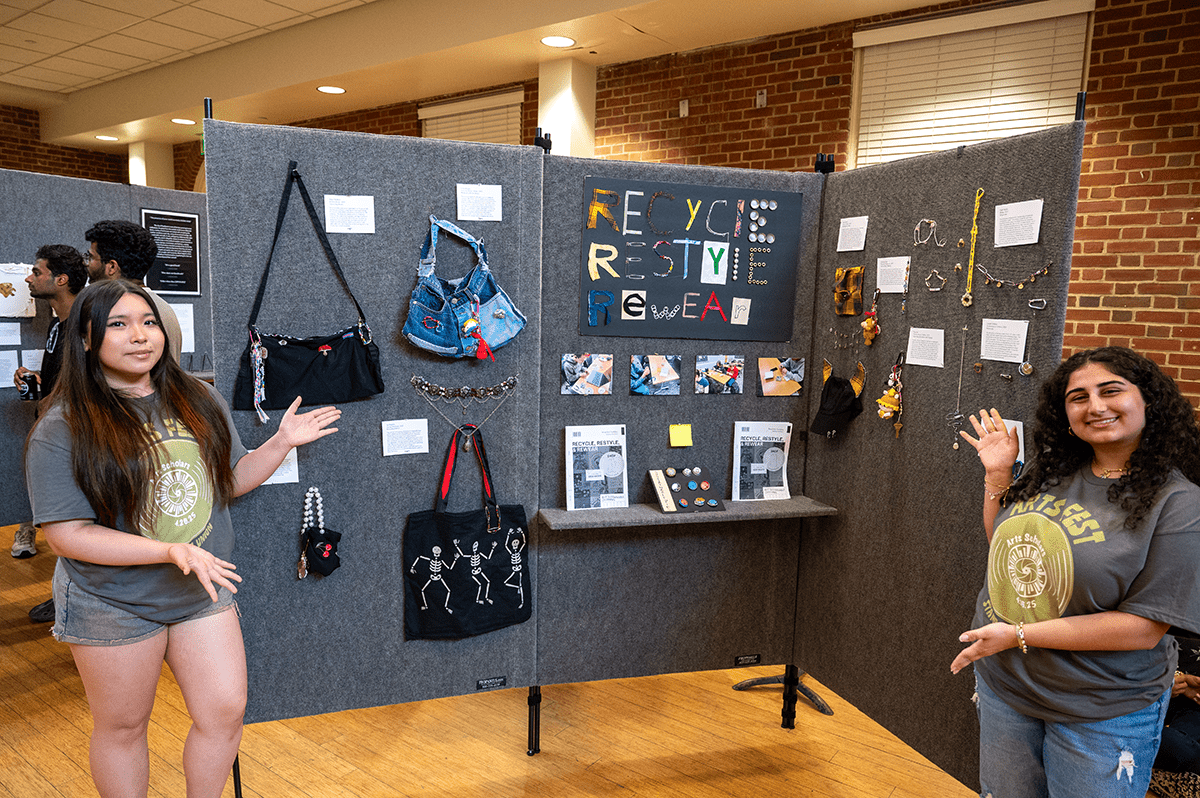
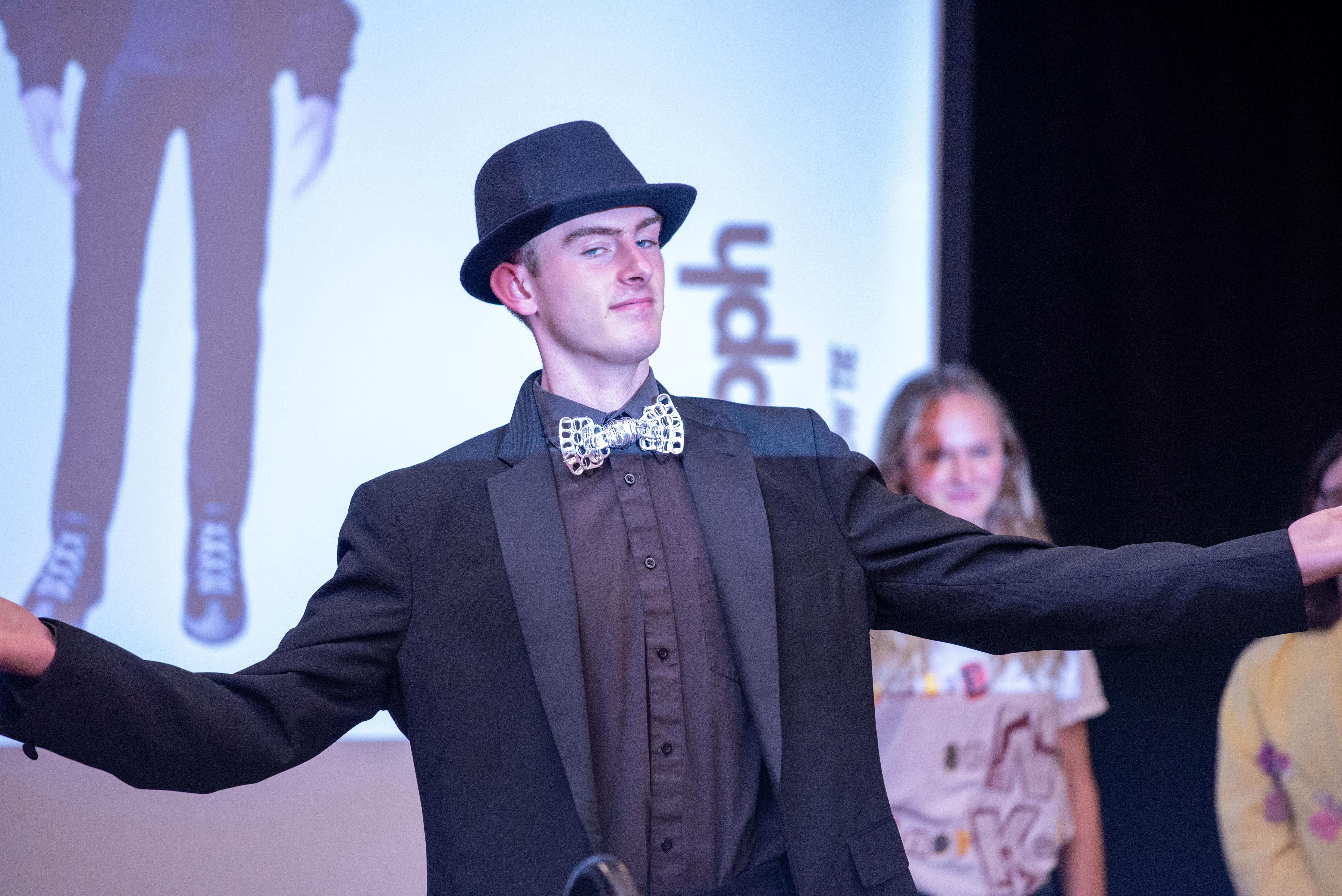
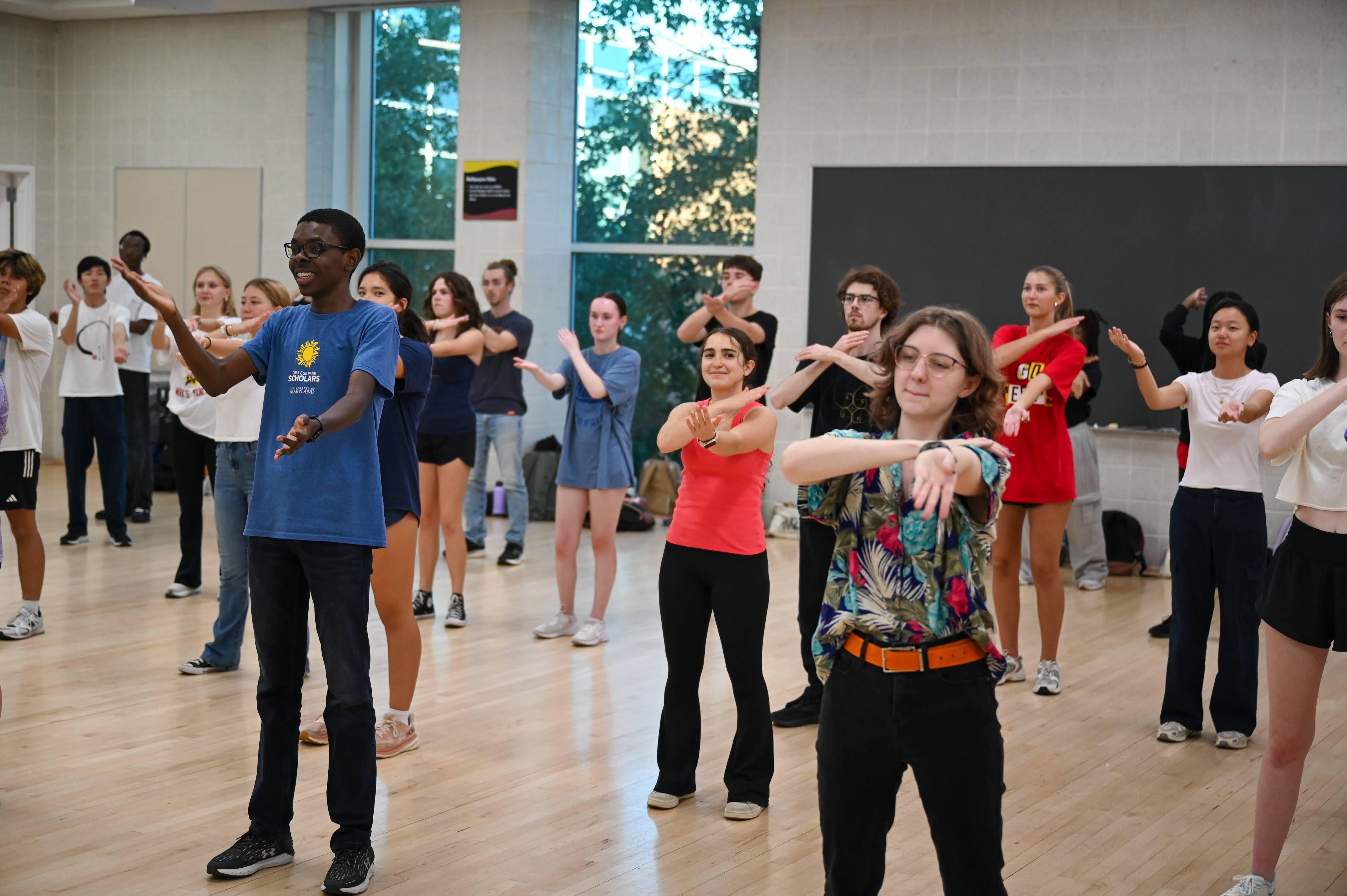
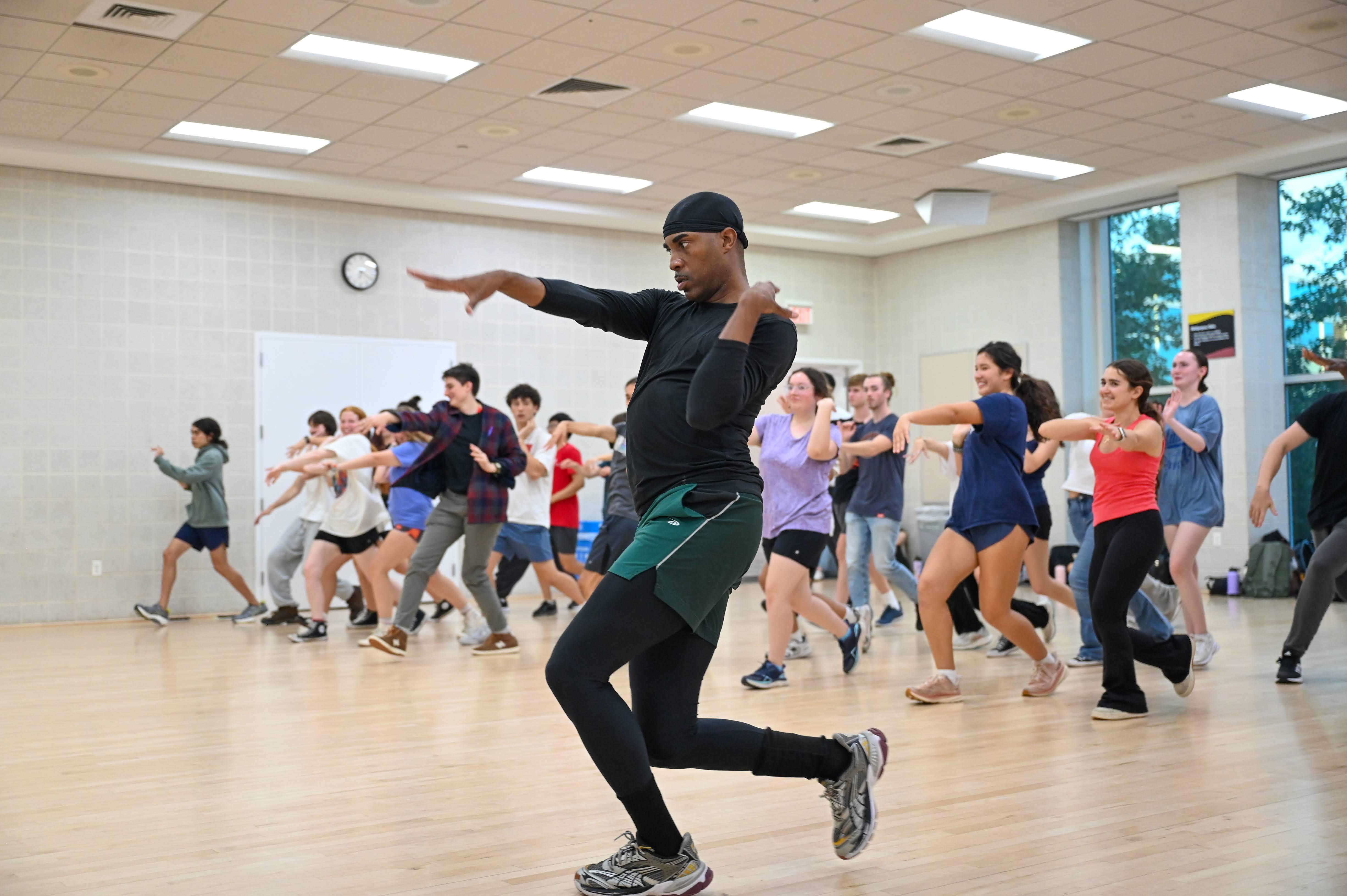
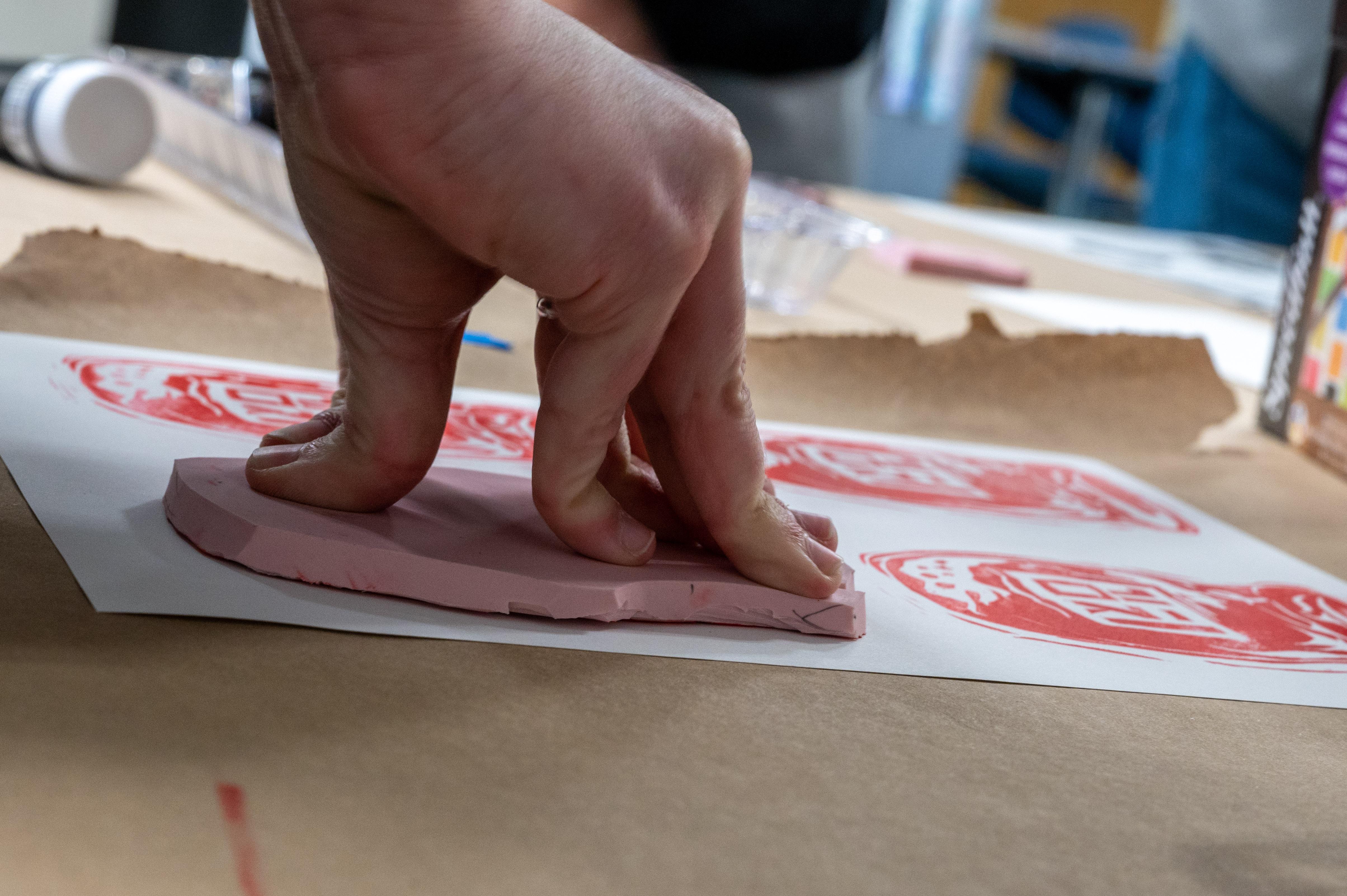

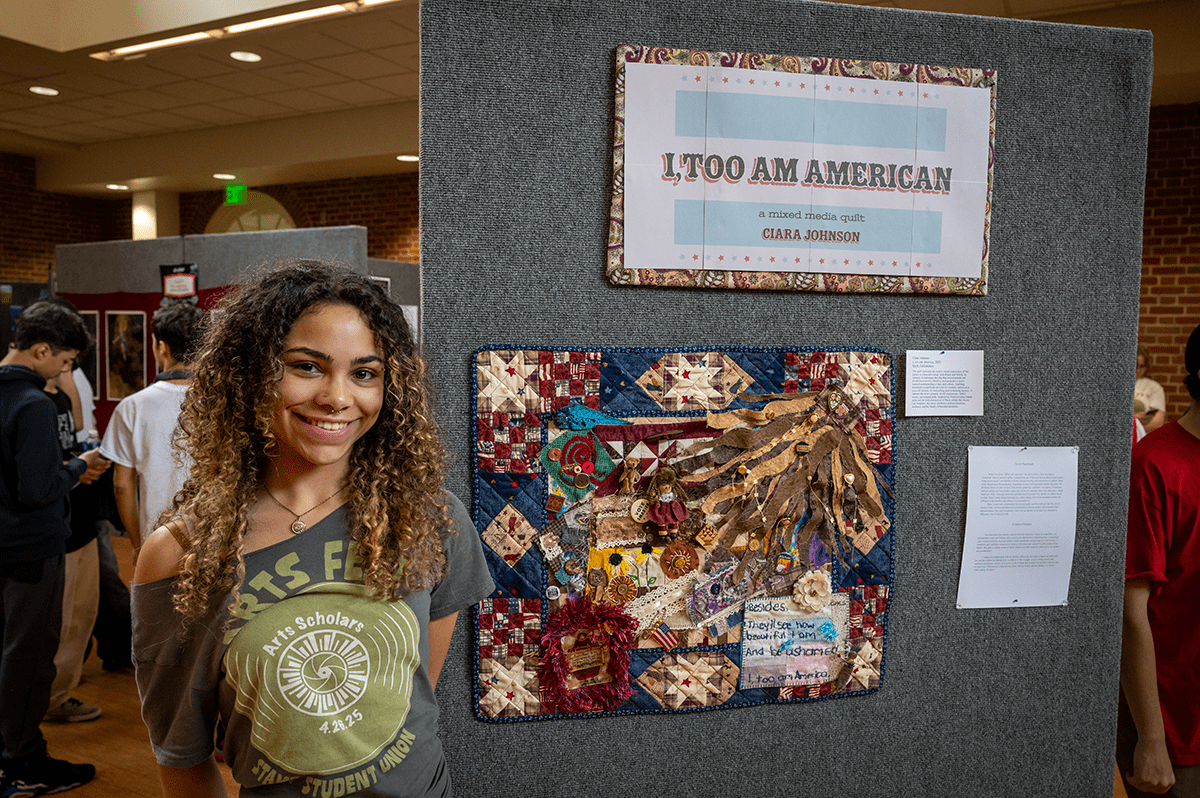
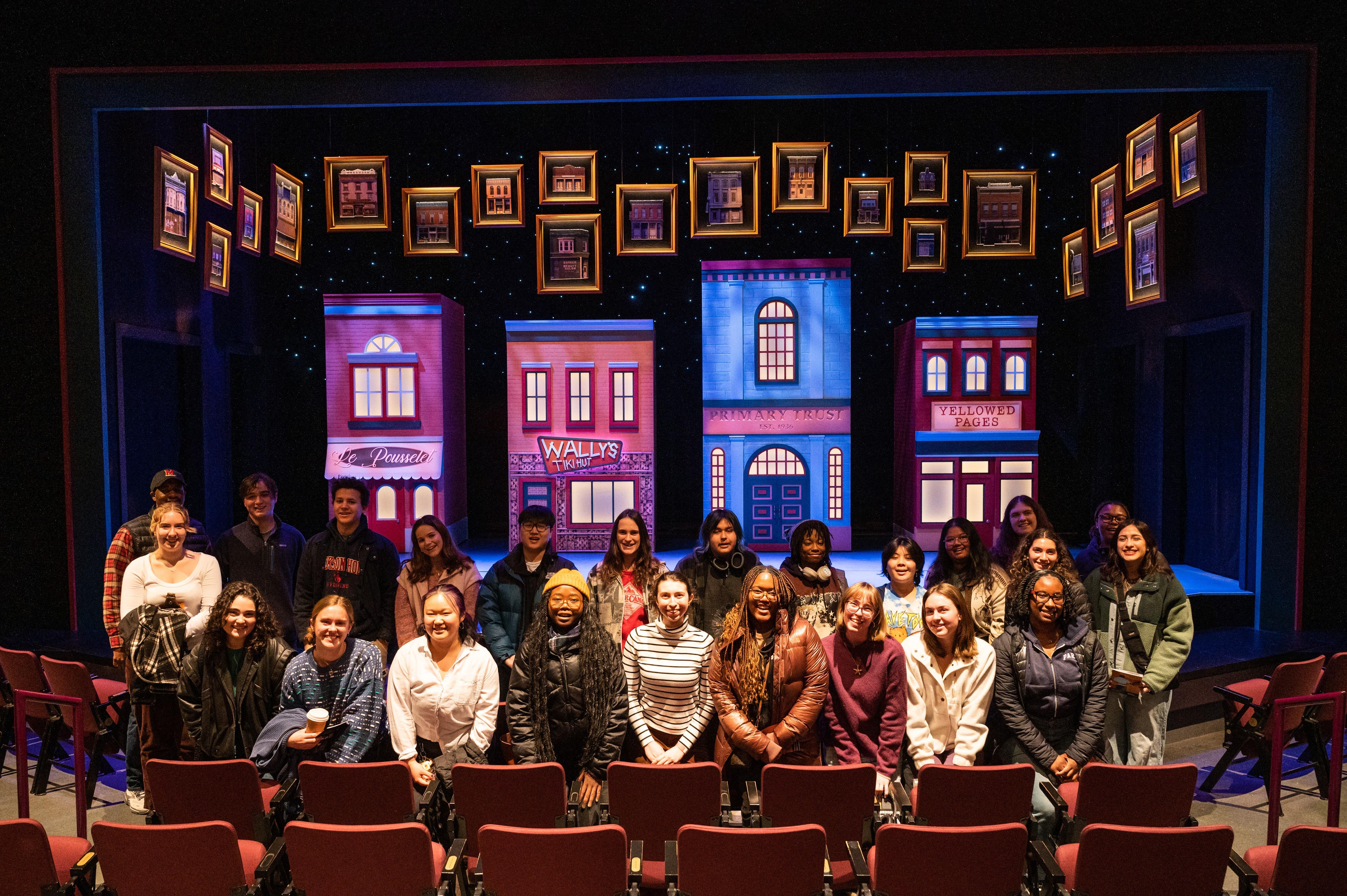
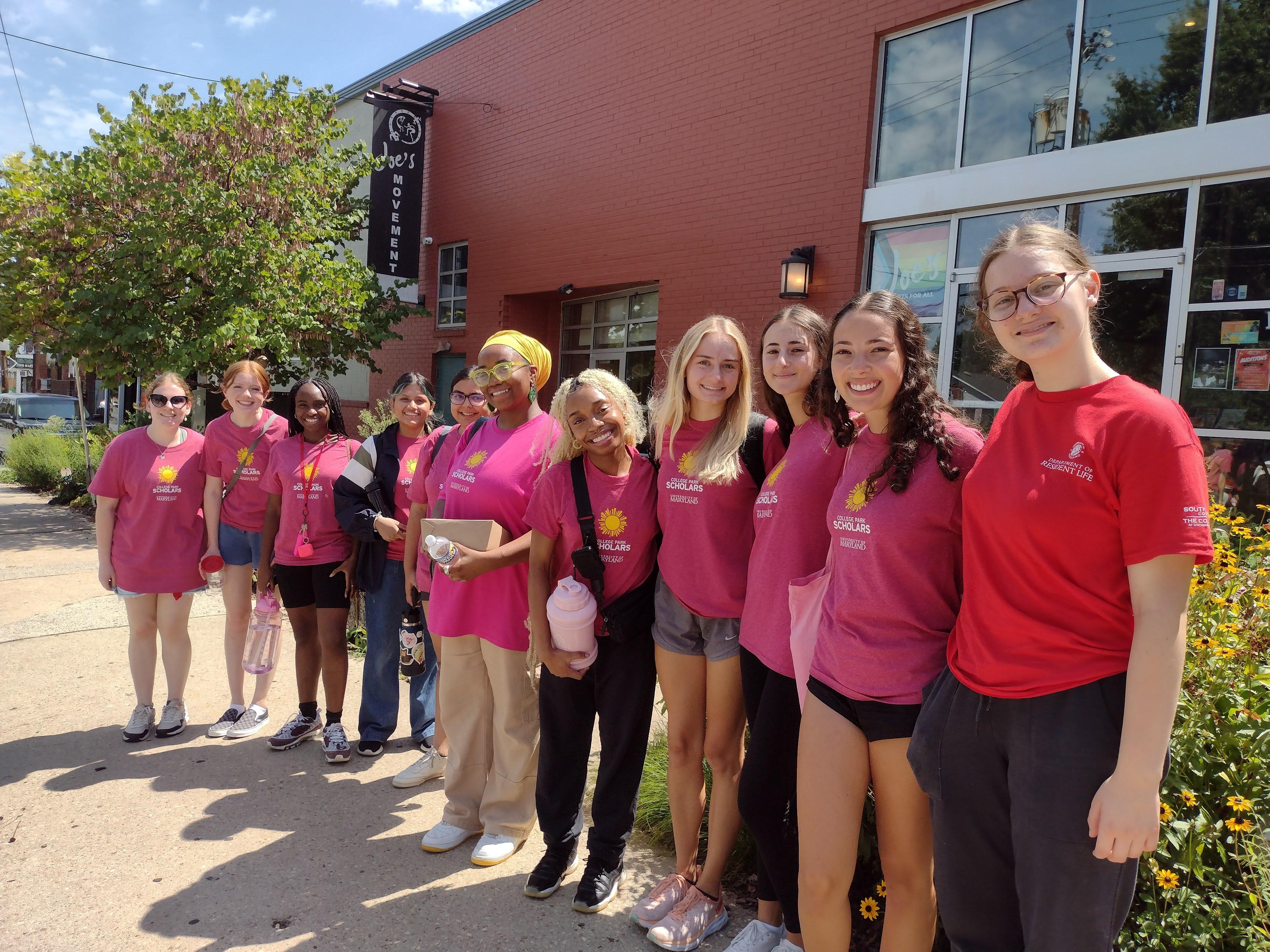
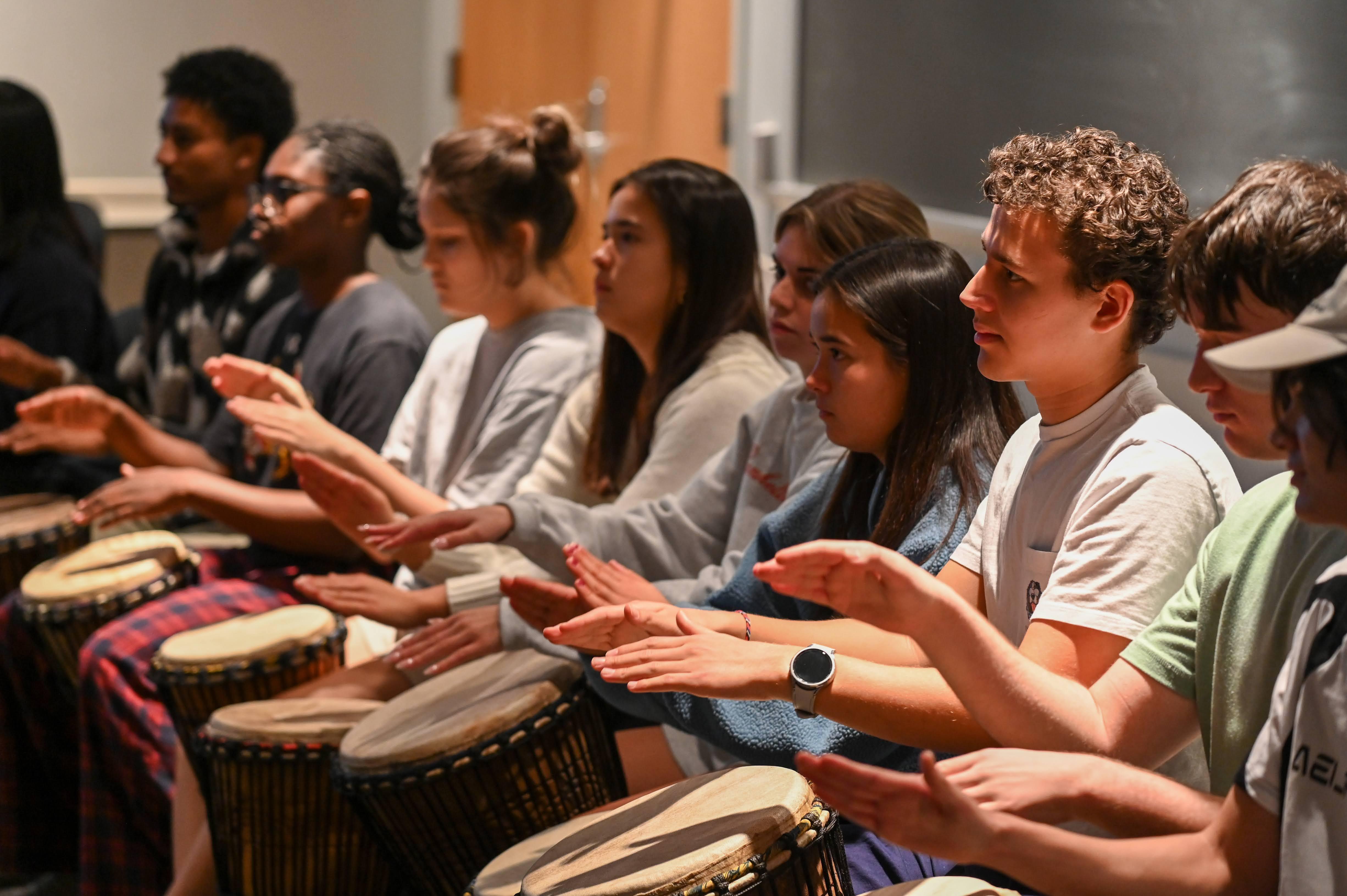
Colloquium and Lecture Topics
Through a mix of lectures, discussions, and guest artist workshops, and experiential projects, students consider (see our most recent “Year in Review” page for photos!):
- Vogue Dancing: How can art be used as a tool for resilience, resistance, and social chance?
- Artistic Consumption: How is artistic “taste” shaped by our social identities?
- Creative Research: How can empirical research, rapid iteration, and prototype testing improve your creative process?
- Spoken Word Improv: How can the principles of improv inform and improve our everyday lives?
- Campus Galleries: How can slow-looking help us combat the pressures of a frenzied world?
- West African Drumming: How can music build community, tell stories, and promote intercultural understanding?
I have been challenged to think differently, work cooperatively, embrace creativity and, most importantly, go beyond the limits I have set for myself. Because of this program, I can confidently say I feel infinitely more prepared for the “real world,” and for that confidence and growth, I could never be more grateful.
Other Learning Opportunities
Outside the classroom, Arts Scholars have many other opportunities….
Experience the arts first hand:
- Field trips: Each semester students visit locations such as The Clarice Performing Arts Center, the Everyman Theatre in Baltimore, the National Gallery of Art, and the National Museum of African American History and Culture.
- Maker Mixer: Teaching Assistant led community building events that include crafting, visiting campus galleries and maker-spaces, and attending shows on campus.
Creative Capstones:
- Sophomores develop capstone projects - identifying a social issue of significance to them to be explored through an artistic medium of their choosing. The capstone project is about your unique view of the world and what you want your audience to understand or experience as a result.
- All capstones are displayed at ArtsFest- an annual exhibition of student work in the Stamp Student Union.
Leadership opportunities:
- Arts Media Team: Social Media & Newsletter assistants work with Arts Faculty to research, draft, and publish the weekly newsletters and Instagram posts to the community.
- Arts Teaching Assistants: Arts Scholars graduates build their skills and experience leading discussions, developing events, and serving as mentors to current students.
Curriculum Overview
Over the two-year program experience (four semesters), students will complete up to 6 credits of supporting courses that will count toward your Arts Scholars citation. In most cases, these will also fulfill General Education requirements. Note that your Scholars courses—colloquiums, capstone practicum and supporting courses—will generally be in addition to any courses you take to satisfy major requirements.
The following represents a typical two-year curriculum, but individual schedules may vary. Details about courses and requirements can be found on the Arts Citation Checklist.
| SEMESTER | COURSE | CREDITS |
|---|---|---|
| Semester 1 | CPSA 100: Colloquium I | 1 credit |
| Semester 2 | CPSA 101: Colloquium II | 1 credit |
| Semester 3 | CPSA 200: Colloquium III | 1 credit |
| Semester 4 | CPSA 201: Colloquium IV | 1 credits |
| CPSA 240: Service Learning; or CPSA 250: Research (DSSP); or CPSA 260: Peer Teaching (DSSP) |
2 credits 2 credits 2 credits |
|
| Semester 1, 2, 3, or 4 | Supporting Course (var. Gen Ed) Supporting Course (var. Gen Ed) Supporting Course (DVUP or DVCC) |
3 credits 3 credits 1-3 credits |
Sponsoring College
Faculty
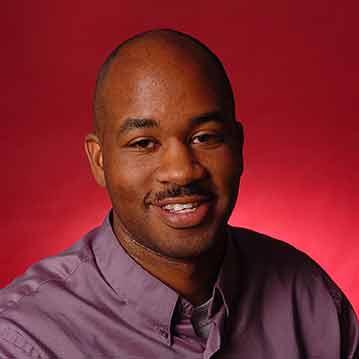
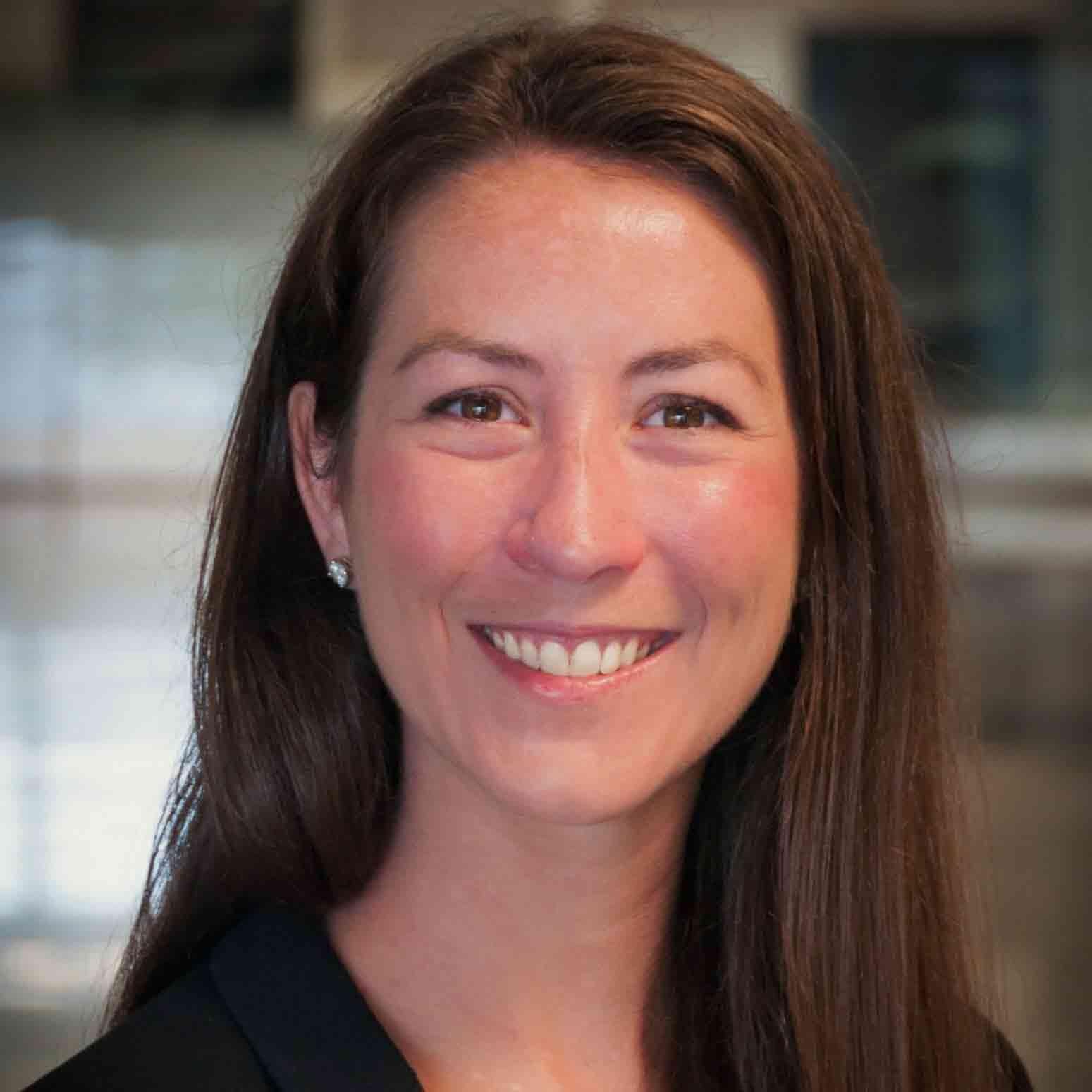
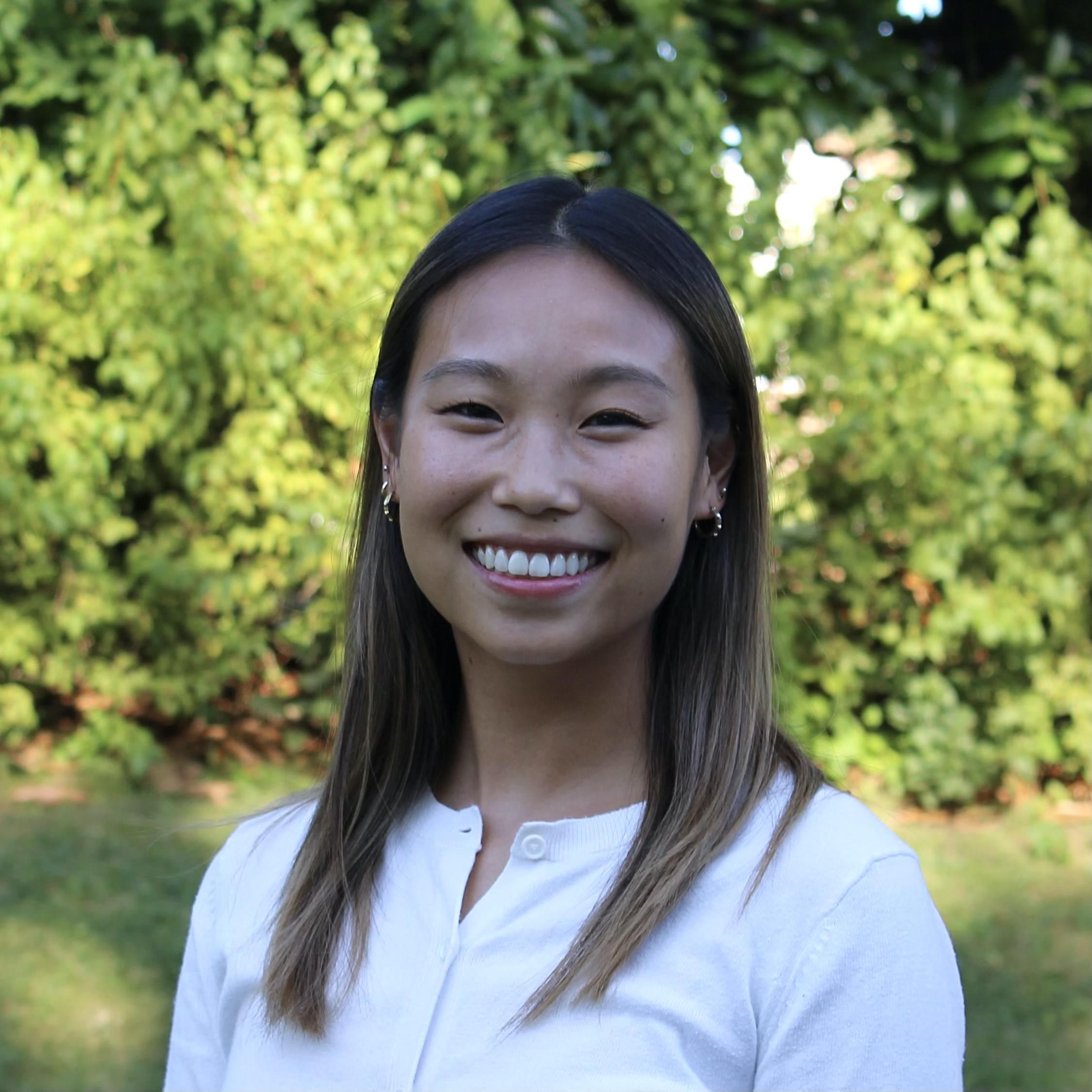
The Diamondback: UMD students' dance workshop highlights Japanese Butoh style, May 2022
Arts News
A Message to Our Students: Black Lives Do Matter
Rising sophomore Scholars students, as well as Scholars alumni who are rising juniors and seniors, received the following message today from College Park Scholars: Dear students,
Checking in During the Pandemic
With the spring session now being conducted entirely remotely, College Park Scholars sent the following message to students yesterday to see how they were coping and to let them know what faculty and staff were working on behind the scenes:
COVID-19 Anxiety: Scholars Faculty is Here for Students
Scholars students received the following message today from Dr. Marilee Lindemann, executive director of College Park Scholars: Dear students, I know the past few days have been a lot to take. You’ve undoubtedly experienced a range of emotions in a very short span of time, as rumors have spread about the campus response to the coronavirus. I’m sure you feel like you have a lot of questions and not enough answers. Maybe the only thing you know for sure now is that you feel uncertain and anxious. This is a new and unsettling situation for all of us. It is also a rapidly evolving situation, which has added to the difficulty of communicating about it in a way that works for everyone.
Scholars Alum: Valentine's Special with Jeff Amoros and Corey Brewer
College Park Scholars Executive Director Marilee Lindemann often jokes to new students that some of them may end up meeting the love of their life in Scholars. The line usually gets an incredulous, slightly nervous laugh from students, but it’s true: Some of our Scholars students eventually go on to fall in love and marry. In this special Valentine’s edition of our alumni profiles, we offer a Q&A with one such couple. Jeff Amoros and Corey Brewer Alum of: BOTH: International Studies Year graduated: BOTH: 2009
Scholars Alum: Kristen Wolfe, a Disney Animal Kingdom Zookeeper
Kristen Wolfe Alum of: Life Sciences Year graduated: 1998 A 1998 graduation year must mean you were in the first class of Scholars. What was it like? Did you understand what Scholars was about when you accepted the invitation? Yes, I was the first class. For me, I didn’t realize what Scholars was. I had applied to the University of Maryland, and this letter came in the mail that they were offering me this program. Once I came for Orientation, I started to realize it was something new and different. They explained that it was a program that helped people with adjusting to college, and you'd have other students in your classes that you lived with and would be able to get help from along the way.
College Park Scholars Gives Out Inaugural Hoffman Scholarship
College Park Scholars recently awarded the very first Randall G. and Susan Woodfield Hoffman Endowed Scholarship, to Ryan Gerbes, a sophomore mechanical engineering major in the Science, Technology and Society (STS) Scholars program. “I can’t begin to describe the honor and gratitude I feel as the first recipient of the Hoffman Scholarship,” says Gerbes. “The award, and the spirit of service, gratitude and community that it represents, inspires me to continue my work with fresh passion and commitment.”

